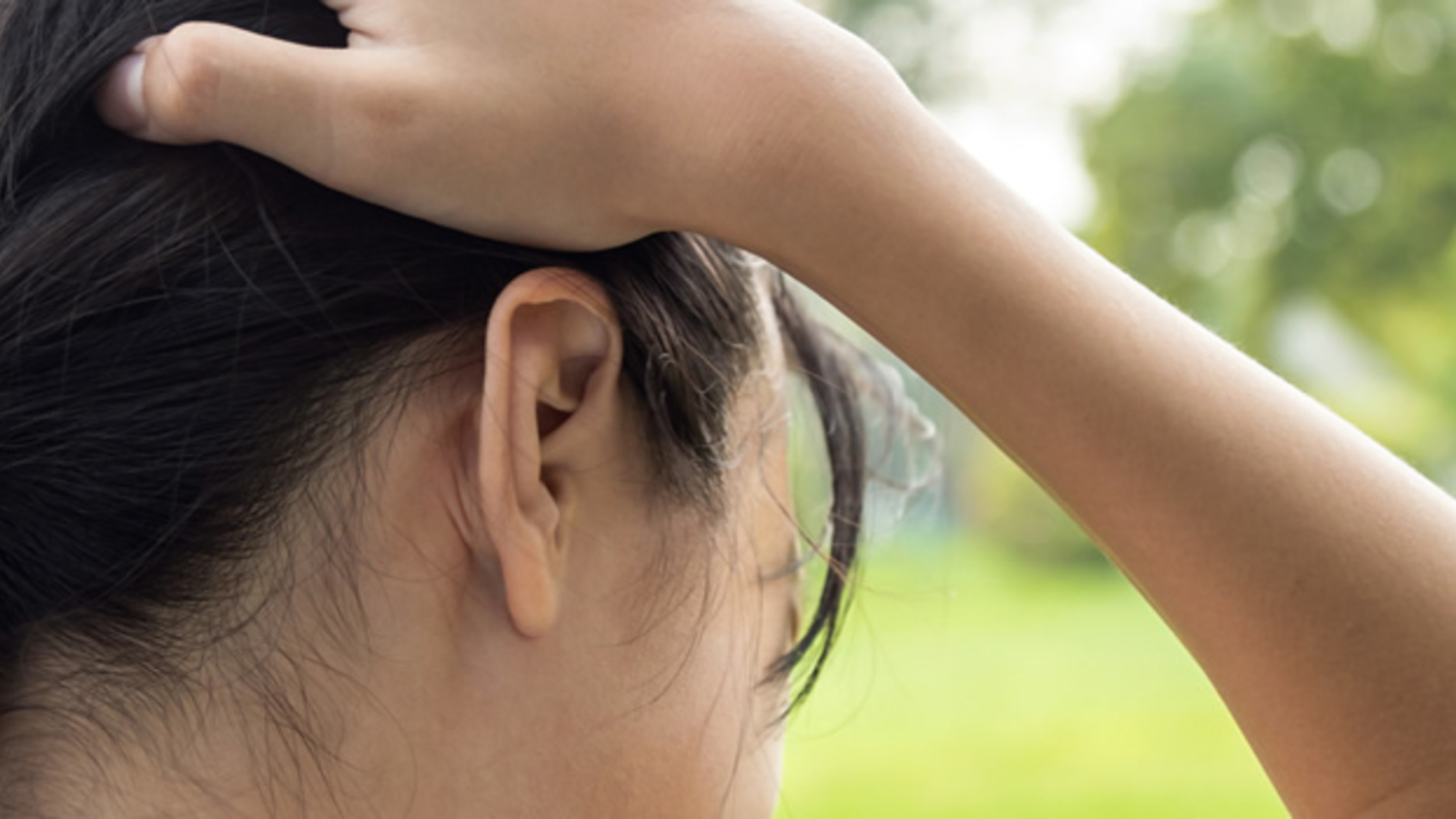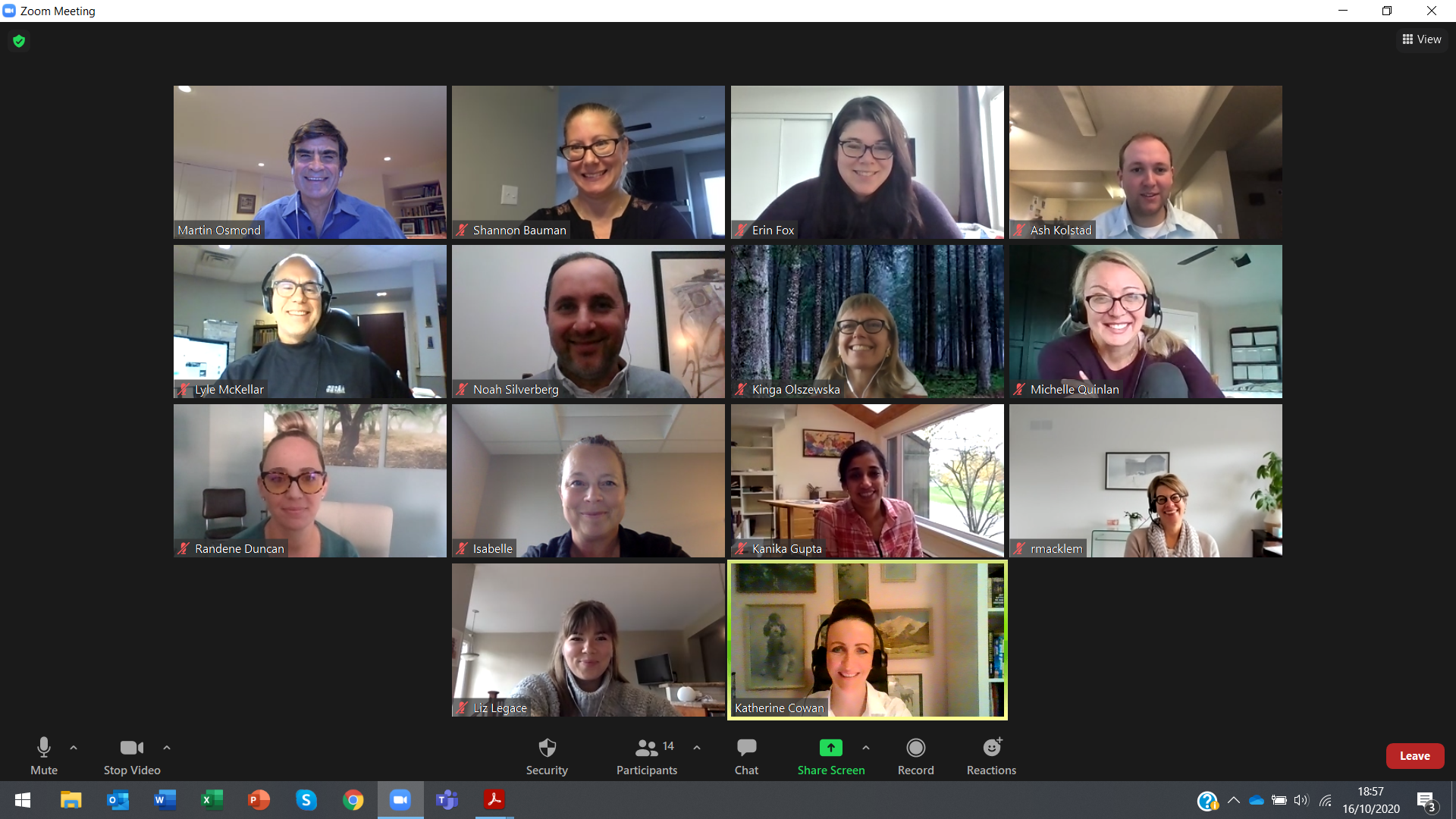Concussion (Canada)

About this PSP
The Concussion (Canada) JLA PSP was established in 2020 to work with patients, carers and clinicians to identify and prioritize uncertainties related to the prevention, diagnosis, prognosis, and treatment of concussion. This included patients of any age both diagnosed or suspected as having an acute and/or chronic concussion or mild Traumatic Brain Injury (mTBI).
Despite its prevalence, there is a lack of research into concussion and the uncertainties identified by the PSP will help to guide future research.
The Concussion (Canada) PSP Top 10 was published in June 2023.
The image below shows the first Steering Group meeting of the Concussion (Canada) PSP, in October 2020.

Top 10 priorities
The most important questions
- What factors or tests best predict a prolonged recovery from concussion (known as post-concussion syndrome), and how can this information be used to develop a tailored strategy to manage the symptoms and support recovery?
- After a concussion, what is the best timing and approach to return to cognitive activities in educational settings (e.g., school or university) and work settings to give the best outcome?
- What is the effectiveness of early referral and treatment by a concussion specialist team (e.g., with combined medical assessment, physical therapies, mental health support and other rehabilitation services) on concussion outcomes and length of recovery?
- After a concussion, what is the best approach for a return to physical activity, exercise, and sports (i.e., timing, type, and intensity of activity) to give the best outcome?
- What is the most effective way to manage headache associated with concussion, and should people with a prior diagnosis of migraine be treated differently to get the best outcomes?
- What is the most effective way of differentiating prolonged concussion symptoms (known as post-concussion syndrome) from symptoms that are similar but unrelated to the concussion?
- What structural and /or functional (e.g. molecular, biochemical) changes occur in the brain with a concussion? How does the intensity and direction of forces involved in the head trauma cause the brain injury, and does location of the brain injury impact symptoms and severity?
- What are the long-term effects of single or multiple concussions, and how do these effects impact day-to-day life?
- What is the correlation between concussion severity and disturbed sleep patterns? What tools, aids, medications, or other interventions are most effective in managing these sleep disturbances?
- How can the training of front-line physicians and other healthcare providers to recognize, diagnose and manage concussion be improved and kept up to date?
The following questions were also discussed and put in order of priority at the workshop:
- How do pre-existing mental health conditions (e.g., anxiety, depression, stress) influence the severity of concussion symptoms and time to recovery?
- What is the most effective test to track the progress of concussion treatment and monitor recovery over time?
- What is the best way to assess and treat dizziness and balance problems after concussion?
- What are the cumulative, long-term effects of multiple minor impacts to the head, or very mild concussions, on the brain and how does this effect day-to-day life?
- What is the best way to determine the severity of a concussion, and how does the degree of severity affect the response to treatment and the time to fully recover?
- How often does concussion result in cognitive impairment (e.g., loss of attention, loss of memory, feeling foggy), and what is the best way to treat this?
- How often do concussions result in long-term cognitive decline such as dementia and/or chronic traumatic encephalopathy (CTE)? (CTE is a progressive brain condition that may occur after repeated blows to the head). How can these long-term effects be best prevented or treated?